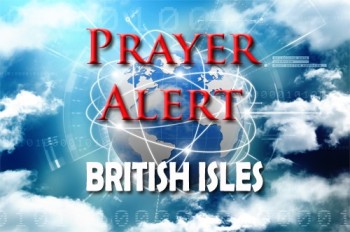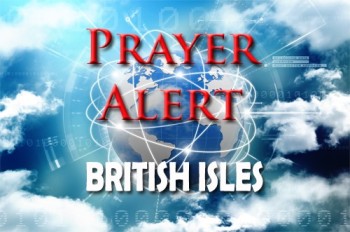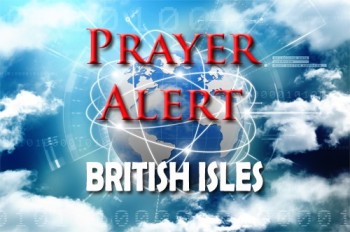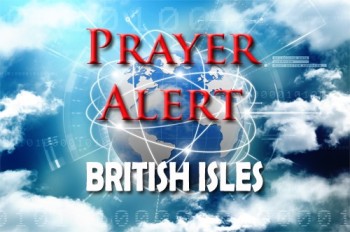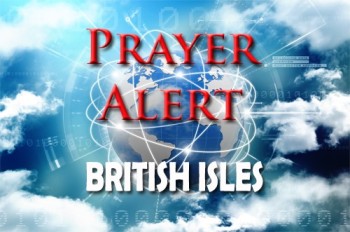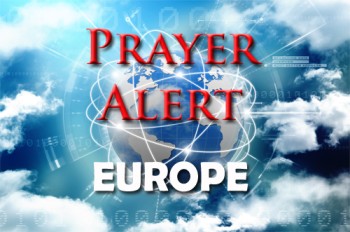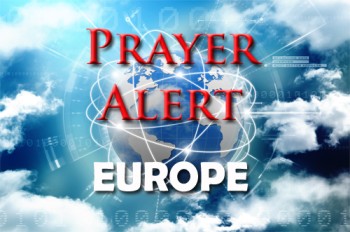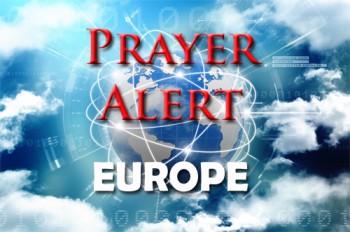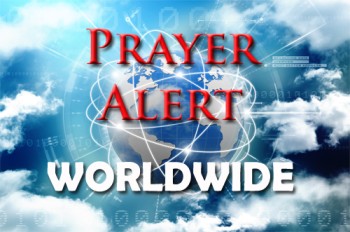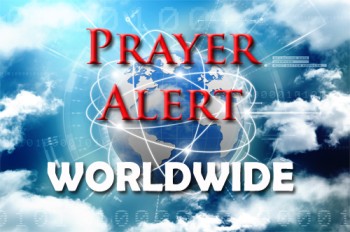Poor maternity care becoming 'normalised', watchdog warns
The Care Quality Commission (CQC) has warned that poor maternity care in NHS hospitals could become 'normalised' without urgent action. A report based on 131 inspections between August 2022 and December 2023 found that 48% of maternity units were rated as 'requires improvement' or 'inadequate’, while only 4% were rated as 'outstanding’. The report highlights systemic issues across NHS services, echoing previous high-profile investigations, such as the Ockenden Review into over 200 baby deaths at Shrewsbury and Telford Hospital. The CQC emphasised that the problems identified are widespread and not limited to a few hospitals. The lack of proper equipment, space, and safety measures raises significant concerns about the potential normalisation of serious harm in maternity care. Health secretary Wes Streeting expressed his dismay, stating that childbirth should not be an experience women fear or look back on with trauma. The report stresses the need for immediate reforms to ensure the safety and dignity of women and newborns.
Pharmacists balloted over 'work-to-rule' action amid funding row
Pharmacists in England are being balloted for potential 'work-to-rule' action due to a growing funding dispute. The National Pharmacy Association (NPA) has called for a £1.3 billion increase in funding, warning that pharmacies are being pushed to the brink by a decade of real-terms funding cuts. The ballot could lead to actions such as shorter operating hours, reduced services, and ending free deliveries of medications. The NPA emphasised that pharmacies are struggling to provide safe care, with 1,500 closures over the past decade. While the NPA is not a trade union, meaning that the ballot is advisory, the result could lead to action starting before Christmas if the majority supports it. The department of health acknowledged the strain on pharmacies, stating they are essential to making healthcare more community-focused. It also promised to accelerate the rollout of independent prescribing to improve access to care.
Man 'pretended to be white' to stir up hatred during UK riots
Ehsan Hussain, a 25-year-old from Birmingham, has been sentenced to two years and four months in prison for inciting racial hatred during the UK riots. Posing as a far-right extremist, he used a Telegram chat group with over 12,000 members to incite violence against Muslims in Birmingham. His messages called for disorder in areas with large Muslim populations, such as Alum Rock and Bordesley Green. The court heard that his posts, filled with racist language, contributed to escalating tensions that led to violent unrest in Birmingham, including attacks on an Islamic centre, hospitals, and public transport. Hussain admitted to distributing threatening and abusive material intended to stir racial hatred. West Midlands Police praised the public for helping to identify Hussain’s posts, emphasising that such incitement would not be tolerated.
Axing winter fuel payments will hurt everybody, warns pensioner
Millions of pensioners in the UK are facing a challenging winter after the Government voted to cut automatic winter fuel payments to pensioners. The decision, supported by nearly 400 Labour MPs, addresses a £22 billion funding gap. Rachel Reeves defended the move, assuring that the payment will still be available to those receiving Pension Credit. However, many pensioners, including Francis Moore, expressed shock and disappointment, warning that this will lead to a bleak winter for the elderly. Moore highlighted the severe impact of rising energy costs on pensioners who already struggle to make ends meet. He criticised the Government for not doing more to support elderly citizens, stating that warmth is essential for survival. Pensioners will have to budget carefully for basic necessities while rising electricity bills threaten to worsen their financial hardship. There is widespread criticism of the Government’s handling of pensioner welfare; many are accusing it of neglecting a vulnerable generation.

